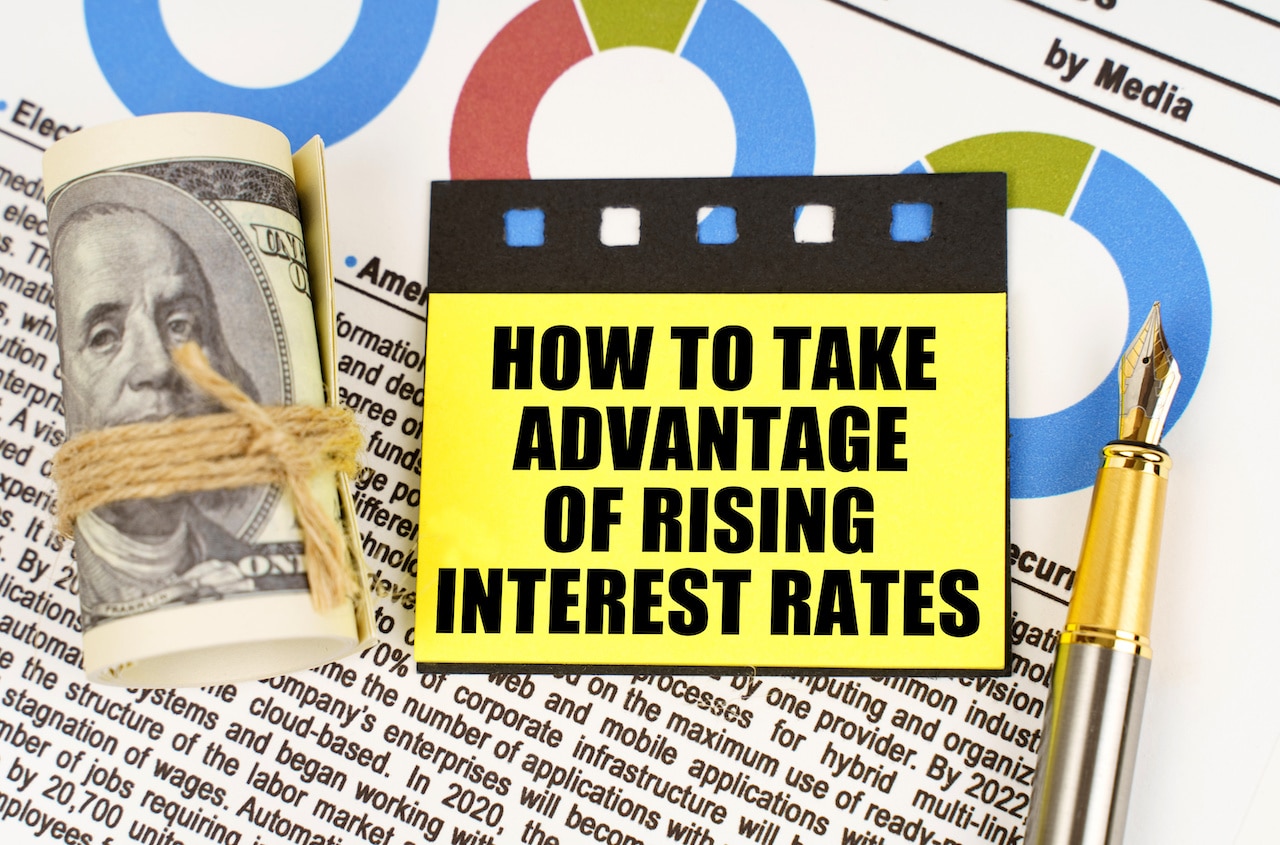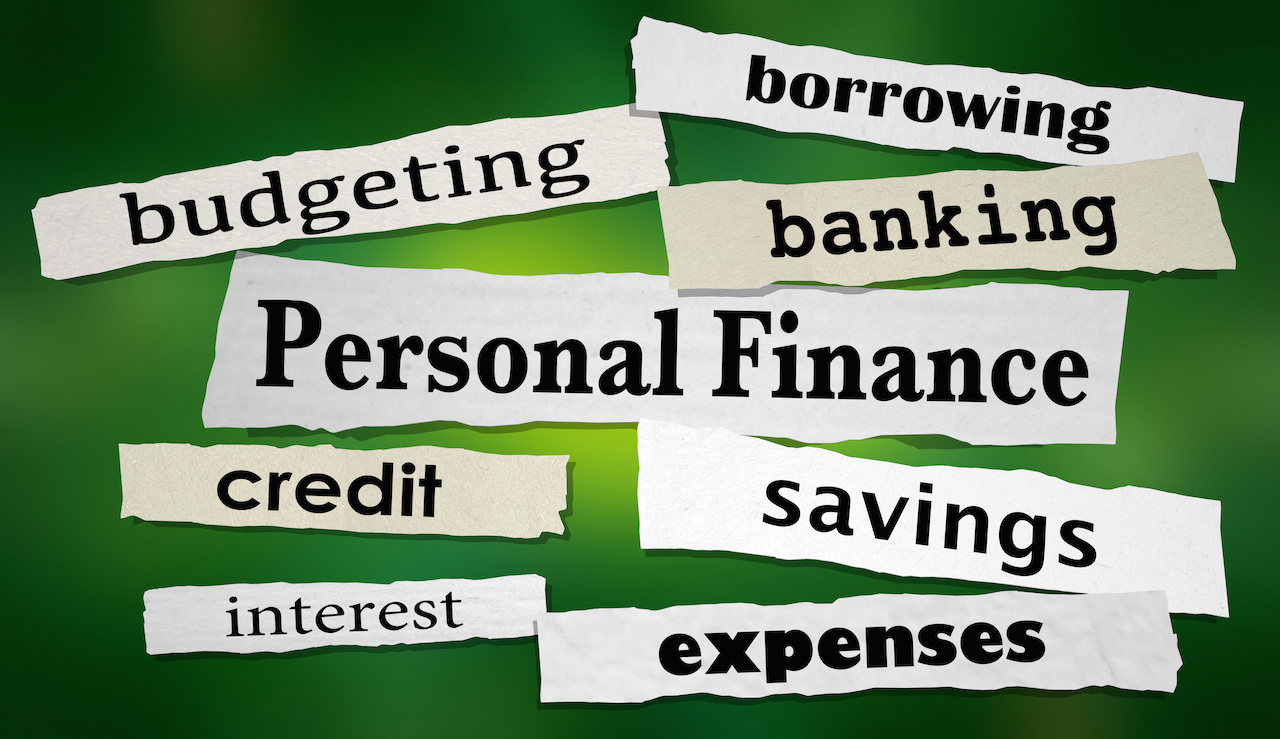Credit Sesame discusses 5 things you can do as interest rates rise.
After years of low interest rates, rising interest rates are finally giving savers reasons to save more money, and borrowers may want to put off big loans.
The Federal Reserve has raised interest rates six times this year, and a seventh hike may be coming in December.
The Fed’s goal of taming inflation is good news for savers, as interest rates on savings accounts and other savings methods are rising, too. Loans are getting more expensive, as is purchasing power, which could lead Christmas shoppers to spend more money on fewer items this year.
Whatever financial situation you’re in, chances are that higher interest rates affect it in some way. Here are some ways to take advantage of rising rates and deal with your financial goals strategically.
Start saving
An emergency fund is always a good idea. In the coming year you could lose your job, unexpected expenses could pop up, or you may want to save for that inevitable rainy day. Saving enough to cover your family’s expenses for a full year is ideal, though three to six months is easier and is a good start to an emergency fund.
As interest rates rise, so should the rates paid on savings accounts and other savings vehicles such as CDs and money market accounts. A high-yield savings account paying 3.5% APY isn’t difficult to find at an online bank, and is 16 times higher than the 0.21% national average on savings accounts.
Buy bonds
Buying bonds is always a good way to diversify an investment portfolio, and rising interest rates give bonds a better return. They can also supplement an emergency fund, though withdrawing bond funds early can result in being charged a penalty.
Series I bonds at the U.S. Treasury Department are tied to inflation and paid 9.62% in October. Such a high rate didn’t last forever, and the rate is 6.89% for bonds issued between Nov. 1, 2022 and April 20, 2023.
The rates on I bonds can change every six months. They’re set through a combination of a fixed interest rate and an inflation rate that’s calculated twice a year in November and May.
Pay off variable interest debt
Getting rid of debt can be difficult, and rising interest rates on debts that have variable interest rates can be even harder to pay off. These include credit cards, home equity lines of credit, and private student loans.
Variable interest rates rise with the federal funds rate, which is what the Fed has been raising this year in an effort to bring inflation down.
Most Americans are falling deeper into debt as daily expenses continue rising. Credit card balances jumped 15% in the third quarter of 2022, marking the largest year-over-year increase in more than 20 years, according to a report from the Federal Reserve Bank of New York.
You can avoid a higher APR on a credit card by paying your balance on time and in full each month, which means you won’t pay interest. That’s easier said than done, so if you only pay part of your credit card bill each month, then a higher APR will lead to more interest being paid and a longer time to pay off the total due.
Earlier this year, credit card interest rates ranged from 16% to 24%, with people with excellent credit scores most likely to be charged the lower range. But that range is now starting at about 19%, an all-time high, CNBC reports.
Credit card companies could implement several rate increases as the Fed does, since a rise in the federal funds rate causes the prime rate to go up, and credit card rates follow. Cardholders will usually see the impact in a billing cycle or two. By law, credit card companies must give cardholders a 45-day notice of an interest rate increase.
One way to pay off credit card debt is to get a 0% balance transfer credit card. An introductory period can give you six months to a year without being charged interest on the amount transferred. And even if you can’t pay off the balance before the intro period ends, you should be able to pay off a big chunk of it without incurring interest charges.
There are other ways to pay off debt with a variable interest rate, whether it’s a credit card or home equity line of credit. They include:
- Creating a household budget and cutting expenses.
- Debt snowball payoff method where debts are paid off from smallest to largest.
- Debt avalanche method that pays off loans with highest interest rate first.
- Get help from a credit counselor.
- Consolidate debt at a lower interest rate.
- Take on a side job to pay off debt.
- Dining out, entertainment and travel are the most likely areas where budget cuts can be made.
Check the rates on your loans
Paying down credit card debt before your card company raises interest rates is one way to save money. It’s also worthwhile to review your loans to see if they’re set at a fixed interest rate or a variable one.
Home, auto and personal loans can be changed to a fixed rate, and are worth doing if you find a lower rate than what you’re already paying on a variable rate loan. But remember that variable rates can change, so a slightly higher fixed rate loan may be cheaper than a variable one that could soon rise. If you’re shopping for a car or home, or need a personal loan, be sure to compare multiple loan offers.
Improve your credit score
Working to improve your credit score is something that should be done regularly. Rising interest rates and difficulty to borrow money cheaply can be extra incentives. You can do yourself a favor and get the lowest interest rates on loans by working toward excellent credit and becoming a “safe” borrower.
Paying your bills on time is the best way to raise a credit score, followed by using less than 30% of the credit available to you, called a credit utilization ratio.
Improving your credit will help you in areas beyond getting the lowest credit card interest rate. Home and auto loan rates should also be lower for you and easier to qualify for.
If you liked 5 Things to Do as Interest Rates Rise, you may also like:
- 6 Things You Should Know Before Taking Out a Student Loan
- 5 Reasons to Expect More Interest Rate Increases
- Improve Your Finances With a Passive Income Stream
Disclaimer: The article and information provided here is for informational purposes only and is not intended as a substitute for professional advice.




















